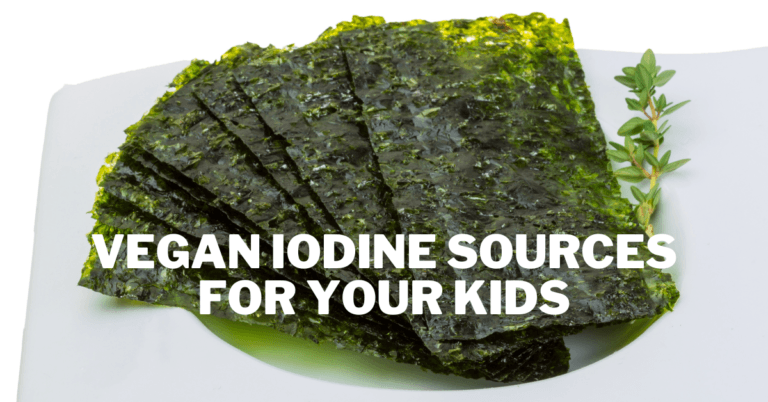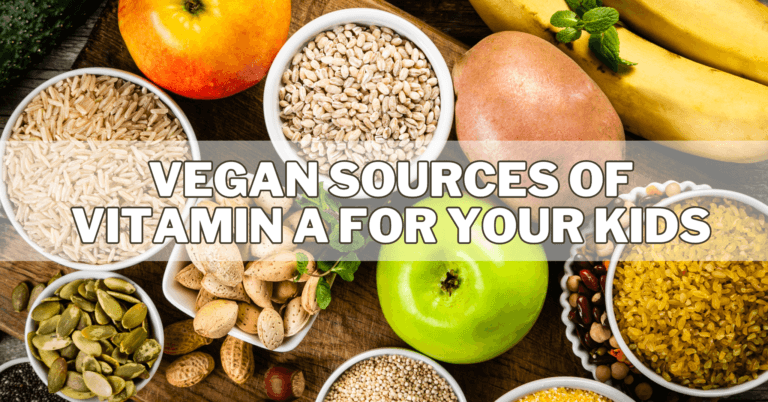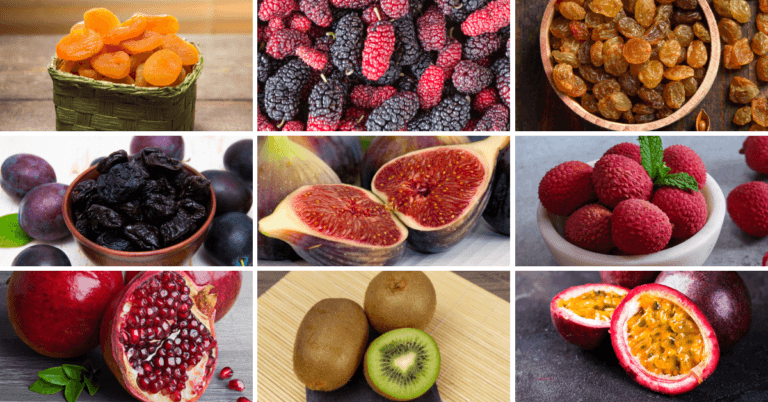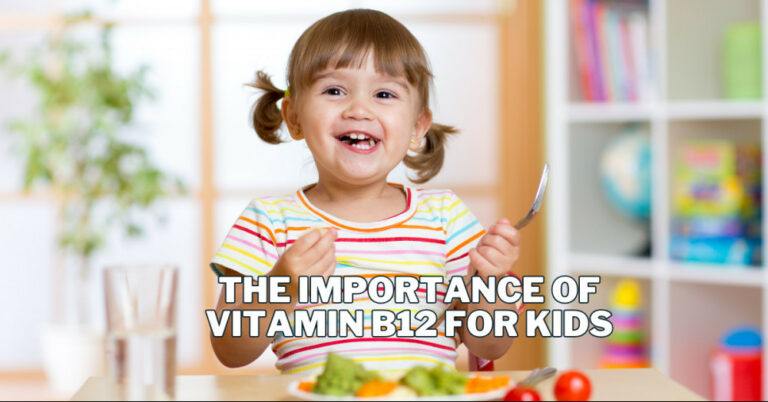Best Vegan Food Sources Of Vitamin D
Best Vegan Food Sources Of Vitamin D
Discovering reliable Vegan Food Sources of Vitamin D is crucial for individuals embracing plant-based diets, ensuring they meet their nutritional needs while adhering to their dietary preferences.
In recent years, the popularity of veganism has soared, with more individuals embracing plant-based diets for ethical, environmental, and health reasons. However, one common concern among vegans is ensuring adequate intake of essential nutrients, including vitamin D.
While vitamin D is predominantly found in animal products, vegans can still meet their nutritional needs through various plant-based sources.
Vegans must comprehend the significance of vitamin D because it's essential for many body processes, such as immune system function, mood management, and bone health. Furthermore, vegans must know the signs of low vitamin D levels to retain the best possible health and well-being.
In this comprehensive guide, we'll explore Vegan Food Sources of Vitamin D, explain why vitamin D is so important for vegans, and discuss the symptoms of low vitamin D.
Whether you're a seasoned vegan or considering transitioning to a plant-based diet, this guide will equip you with the knowledge to get enough vitamin D to thrive on your vegan journey.
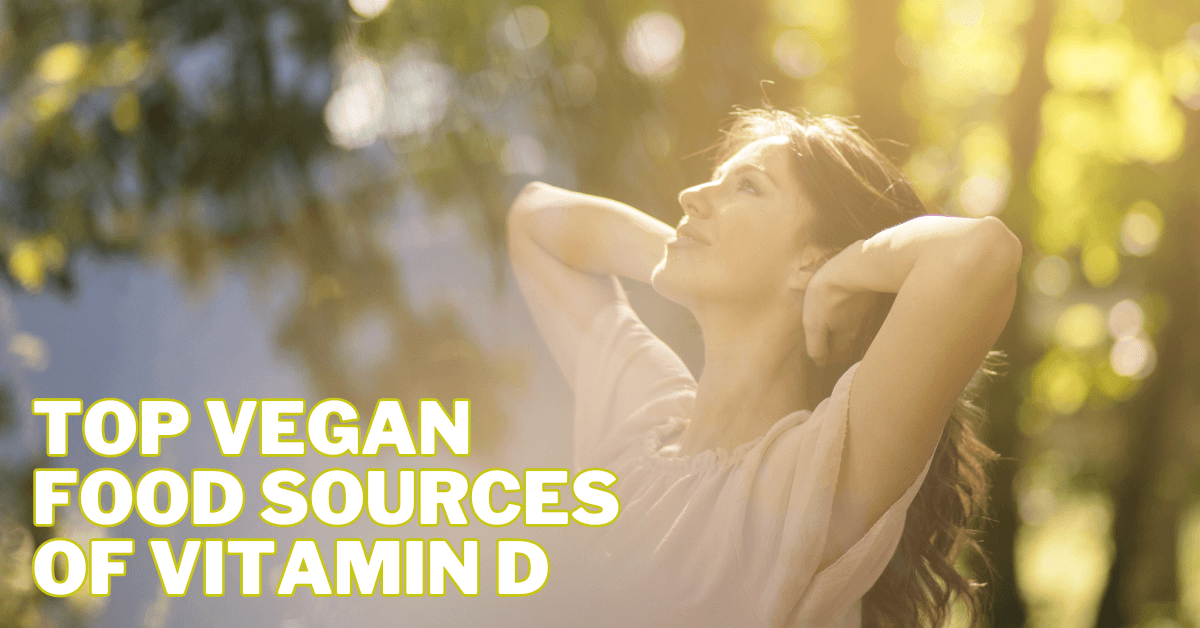
Why Is Vitamin D So Important For Vegans?
Vitamin D is crucial for everyone, regardless of their dietary preferences, as it is vital in various bodily functions.
However, ensuring an adequate vitamin D intake can be particularly important for vegans, who may have limited vegan food sources of vitamin D in their diet.
Let's delve deeper into why vitamin D is Important for Vegans and why ensuring an adequate intake is essential.
1. Improved Bone Health
Vitamin D helps absorb calcium and phosphorus, two elements necessary for strong, healthy bones. Your body could find it difficult to absorb calcium even if you eat enough or don't have access to trustworthy vegan food sources for vitamin D.
The weakening of bones and the increased risk of fractures might increase the risk of bone illnesses such as osteoporosis and osteomalacia.
Vegans must ensure they get adequate vitamin D from other sources, as they usually avoid consuming dairy products fortified with the vitamin.
2. Immune Function
Vitamin D is crucial for strengthening the immune system. It lowers inflammation, improves immune cell activity, and helps control the immunological response.
Adequate vitamin D levels have been linked to reduced infection risk and autoimmune illnesses. Maintaining appropriate vitamin D levels can be especially crucial for vegans, who may depend more on their immune systems to protect them from dietary deficits.
3. Muscle Strength
Vitamin D also affects muscle function and strength. It helps regulate muscle contraction and relaxation, and inadequate levels have been linked to muscle weakness and an increased risk of falls, especially in older adults.
This aspect is significant for vegans, particularly when considering their need to secure ample Vegan Food Sources of Vitamin D to uphold their muscle health, especially if they engage in physical activity or resistance training.
4. Mood And Well-Being
Some research suggests that vitamin D may affect mood regulation and mental health. Inadequate levels of vitamin D have been linked to a higher risk of depression and other mood disorders.
Ensuring an adequate vitamin D intake may contribute to overall well-being and mental health for vegans and non-vegans alike.
Ensuring access to reliable Vegan Food Sources of Vitamin D is vital for individuals embracing plant-based diets, enabling them to meet their nutritional needs while adhering to their dietary preferences.
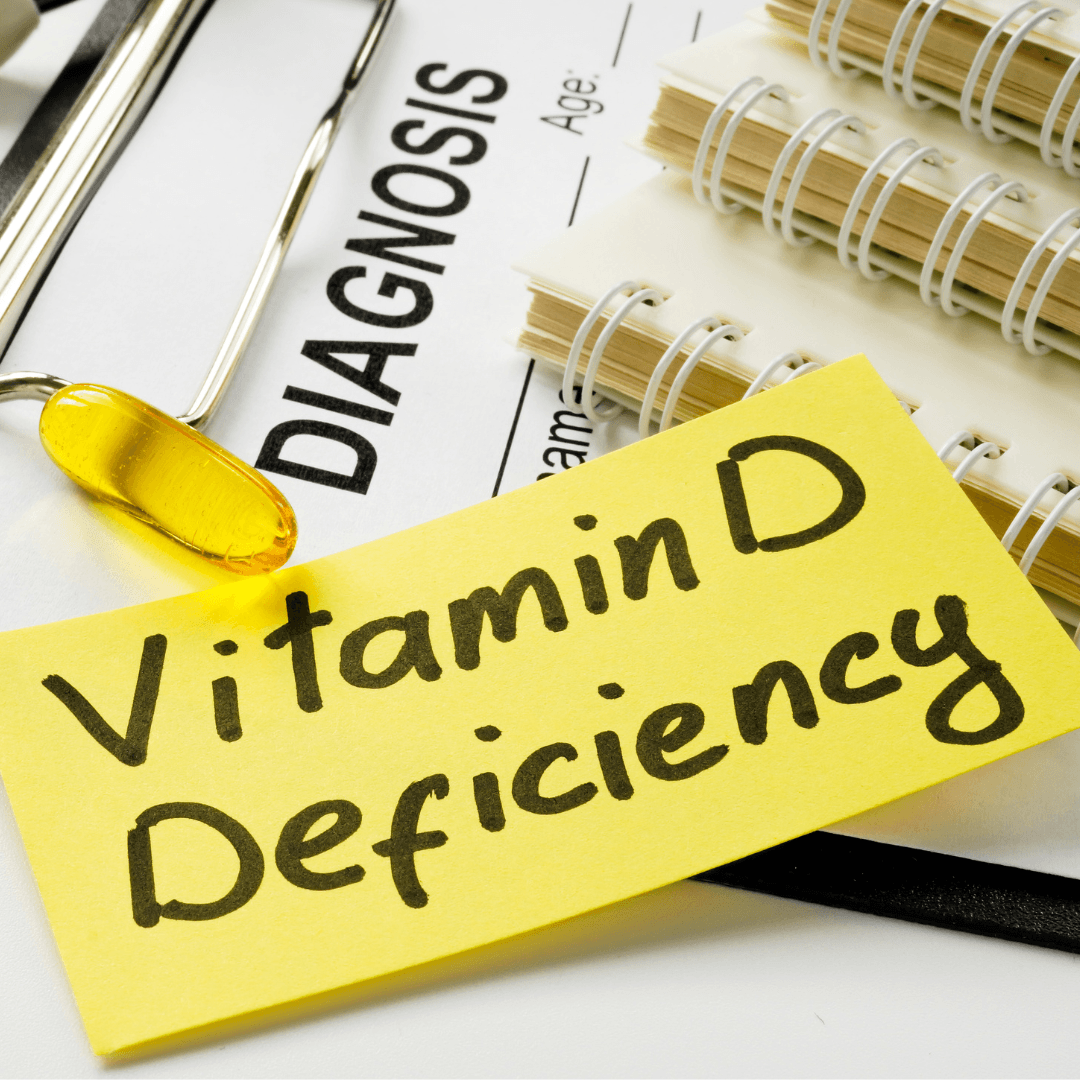
What Are The Symptoms Of Low Vitamin D?
Low vitamin D levels can lead to various symptoms; some individuals may experience no noticeable symptoms.
However, typical indications and manifestations of vitamin D deficiency may encompass:
1. Fatigue And Weakness
Persistent fatigue and weakness are among the most common symptoms of inadequate Vitamin D intake from vegan food sources.
This deficiency can manifest as a pervasive sense of tiredness, diminished energy levels, and decreased stamina, significantly affecting daily activities and overall well-being.
2. Bone And Joint Pain
Bone health and calcium absorption depend heavily on vitamin D. Deficiency can cause bone weakening (osteoporosis) or softening (osteomalacia), which can cause joint and muscular discomfort and bone pain.
A long-term deficiency in vitamin D may raise the risk of bone-related disorders and fractures.
3. Muscle Weakness And Pain
In addition to bone health, Vegan Food Sources of Vitamin D are crucial for optimal muscle function and strength.
Deficiency in this nutrient may result in muscle weakness, cramps, and discomfort, particularly affecting areas like the thighs, calves, and lower back. Such deficiencies can impair mobility and elevate the risk of falls and injuries.
4. Mood Changes
Emerging studies have suggested a connection between mood management and vitamin D levels. An increased risk of mood disorders such as anxiety, depression, and depression has been linked to low levels of vitamin D. Mood swings, impatience, and depressive or gloomy moods are all possible in deficient individuals.
5. Frequent Illnesses And Infections
Vitamin D is crucial in supporting immune function and reducing inflammation.
Deficiency may compromise the immune system's ability to fight off infections, increasing susceptibility to colds, flu, and other respiratory illnesses.
Individuals who lack adequate intake of Vegan Food Sources of Vitamin D may endure more frequent infections or extended recovery periods.
6. Impaired Wound Healing
Vitamin D plays a role in wound healing and tissue repair. Deficiency may impair the body's ability to heal wounds and injuries efficiently, leading to delayed healing, increased inflammation, and potential complications.
7. Hair Loss
Although the exact connection between a vitamin D deficit and hair loss is unknown, some studies suggest a potential link.
Individuals deficient in Vegan Food Sources of Vitamin D may encounter excessive hair shedding, thinning hair, or even alopecia (hair loss).
8. Impaired Cognitive Function
Evidence shows vitamin D may be important for brain health and cognitive function. Reduced risk of neurodegenerative disorders, including dementia and Alzheimer's disease, memory issues, and cognitive decline, have all been linked to low vitamin D levels.
It's important to note that the severity of these symptoms can vary, and they may overlap with symptoms of other health conditions.
If you experience any of these symptoms or suspect you may have vitamin D deficiency, it's essential to consult with a healthcare professional for proper evaluation, diagnosis, and treatment.
Vegan Food Sources Of Vitamin D
Discovering reliable vegan food sources of vitamin D is crucial for individuals adopting plant-based diets. These sources ensure they meet their nutritional needs while following their dietary preferences.
While the primary natural sources of vitamin D are found in animal products, vegans can still meet their dietary needs through various plant-based foods.
Here are some Vegan Food Sources of Vitamin D:
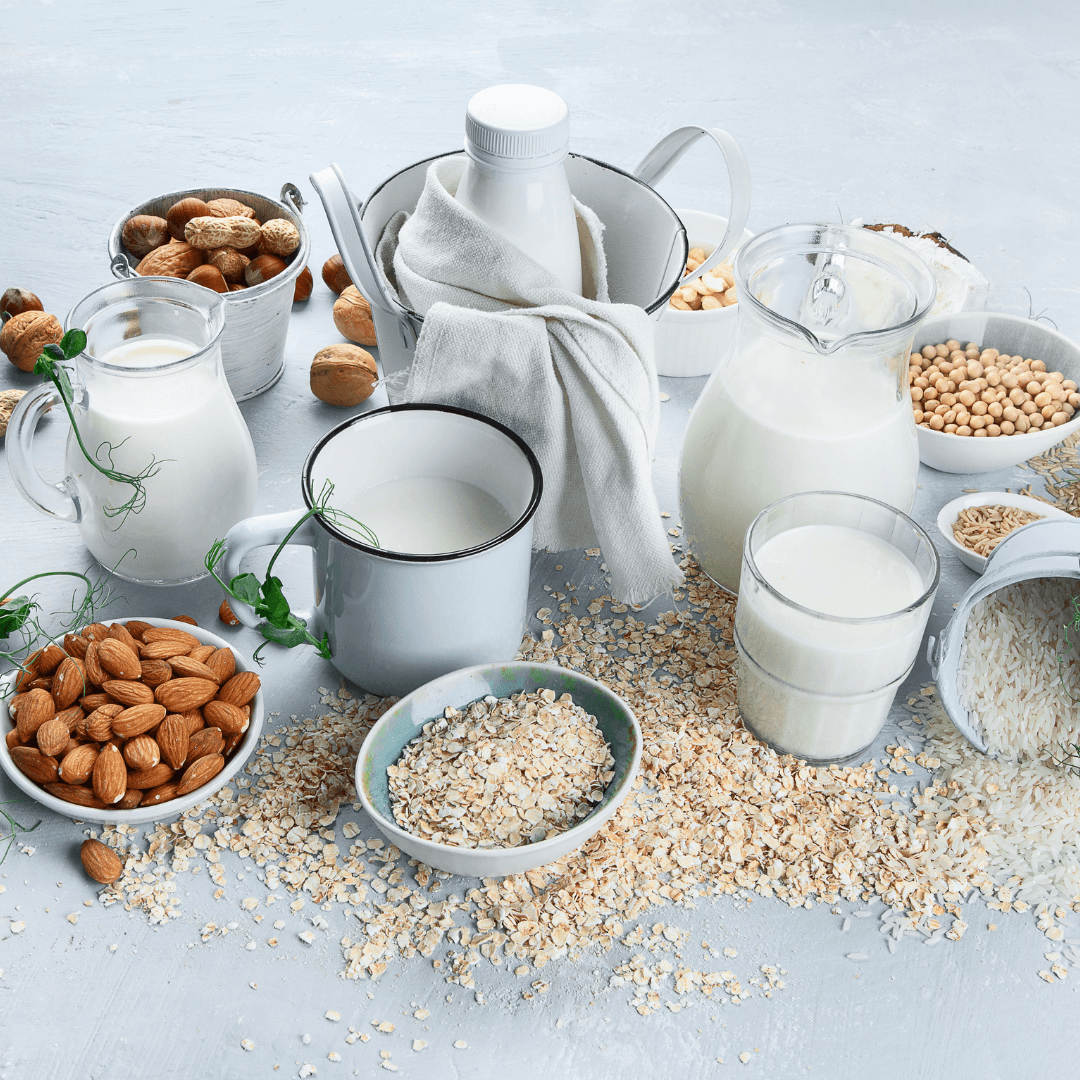
1. Fortified Plant-Based Milk
Plant-based milk, such as soy, almond, coconut, and oat, has become increasingly popular among vegans and individuals with dietary restrictions.
Recognizing the importance of ensuring adequate nutrient intake, many manufacturers fortify these plant-based alternatives with vitamin D2 or D3 to enhance their nutritional value.
This fortification process mirrors the enrichment commonly seen in cow's milk, providing a comparable amount of vitamin D.
For vegans, fortified plant-based milk is a convenient and accessible source of this essential nutrient, supporting overall health and well-being.
Moreover, the availability of fortified plant-based milk extends beyond the traditional options of soy and almond milk, now encompassing varieties such as coconut and oat milk.
This expanded selection caters to diverse taste preferences and dietary considerations, empowering individuals to incorporate fortified plant-based milk into their daily routine easily.
Whether enjoyed on its own, poured over cereal, or used as a base for smoothies and cooking, fortified plant-based milk offers a versatile and nutritious option for vegans striving to maintain optimal vitamin D levels.
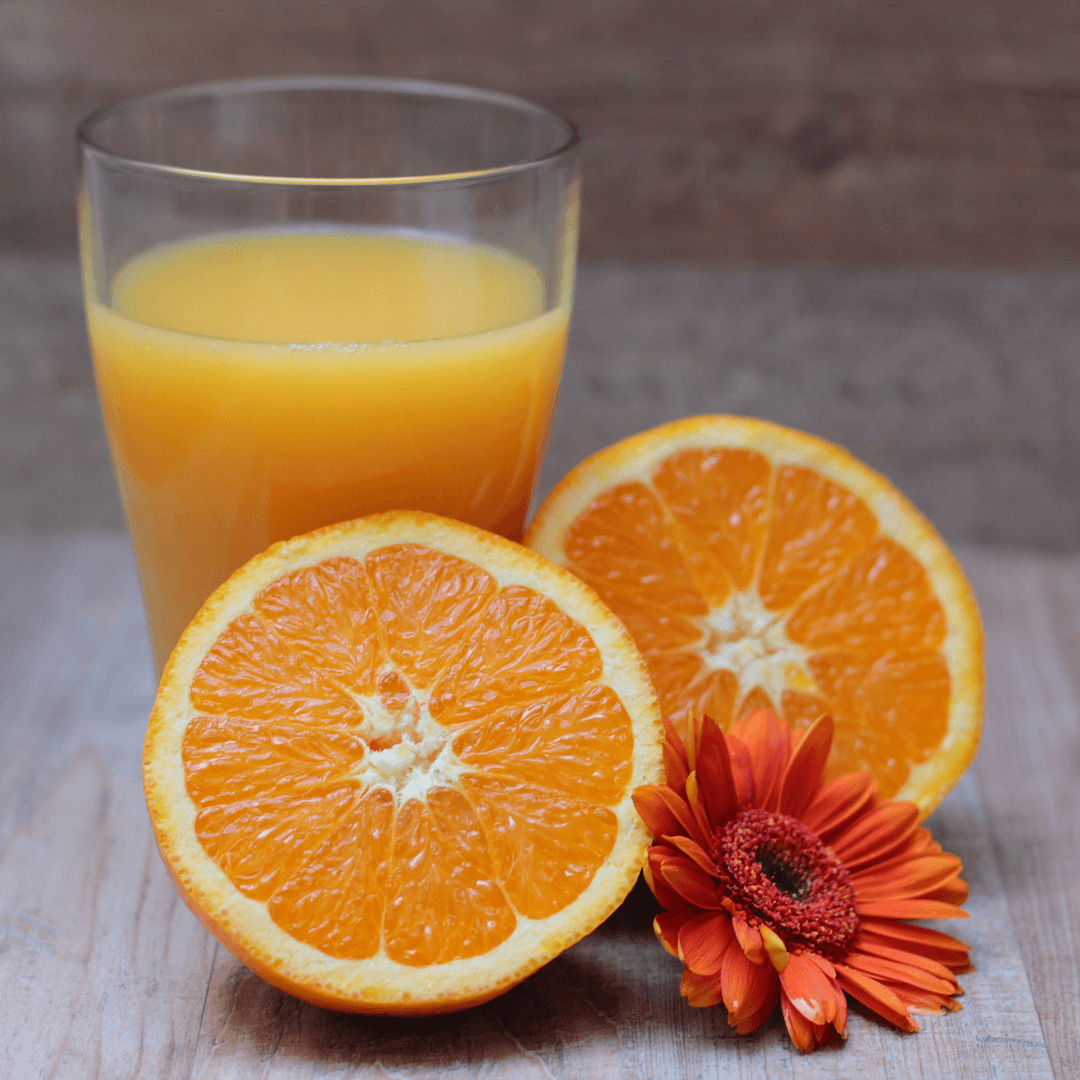
2. Fortified Orange Juice
Exploring the realm of plant-based diets transforms the search for reliable Vegan Food Sources of Vitamin D into a thrilling adventure, not merely a necessity but a delightful pursuit. An increasing amount of evidence suggests that vitamin D may be crucial for cognitive function and brain health.
Dementia and Alzheimer's disease are among the neurodegenerative disorders that low vitamin D levels have been linked to, along with memory issues and cognitive decline.
This fortified option offers a refreshing taste and contributes to meeting nutritional needs, making it a versatile and accessible choice for vegans seeking to maintain optimal vitamin D levels.
Whether enjoyed on its own or as an ingredient in culinary creations, fortified orange juice is a flavourful and practical solution for enhancing vitamin D intake in a plant-based diet.
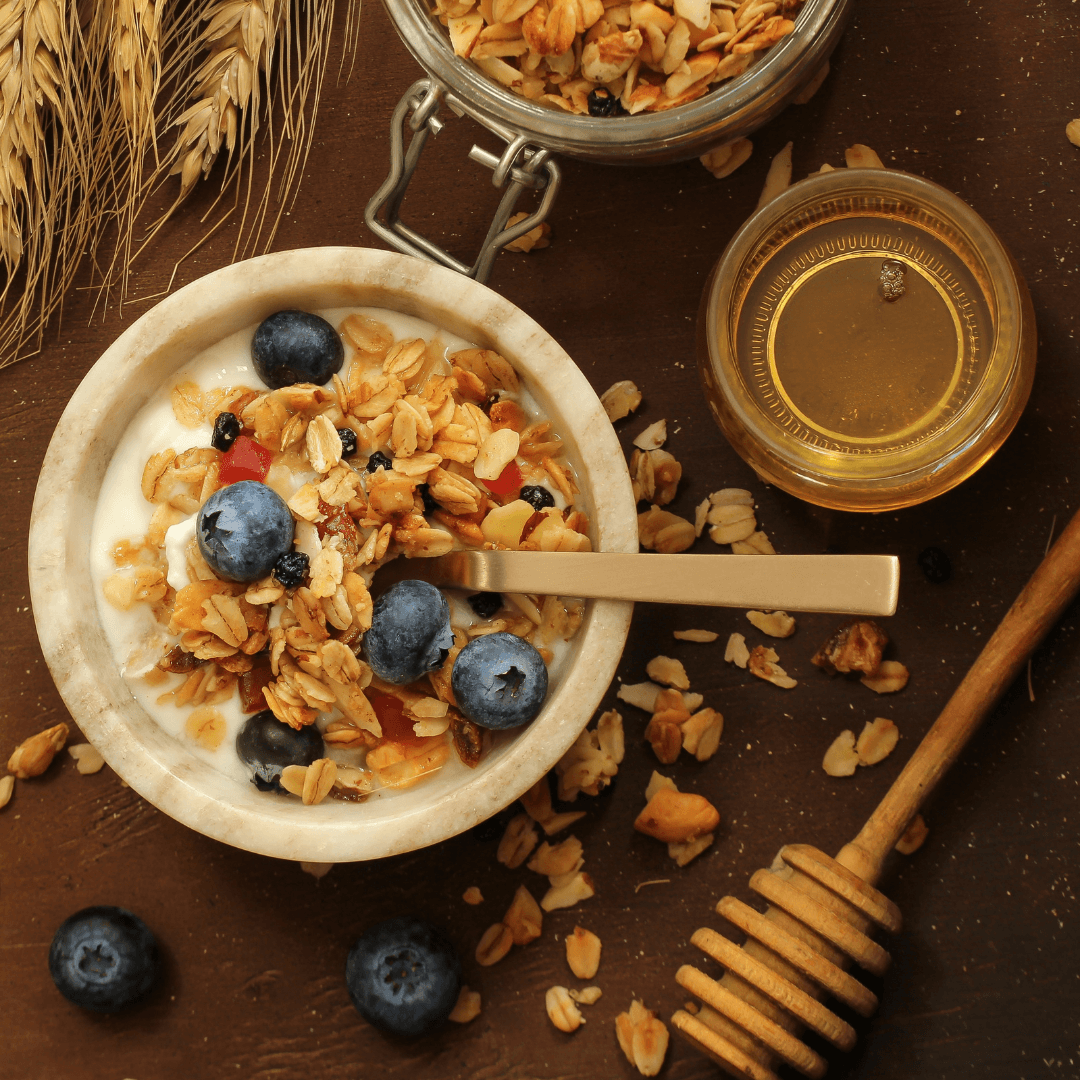
3. Fortified Breakfast Cereals
Numerous brands of breakfast cereals, including flakes, granola, and oatmeal, undergo vitamin D fortification to enhance their nutritional content.
These fortified cereals offer vegans a convenient and flavourful breakfast option, particularly with fortified plant-based milk.
Beginning your day with a bowl of fortified cereal provides a reliable source of vitamin D, which contributes to overall health and well-being.
This simple yet effective dietary choice ensures that vegans can easily meet their nutritional requirements while enjoying a tasty and satisfying breakfast meal.
Fortified cereal is a tasty and easy way to add vital nutrients, including vitamin D, to your morning routine and establish a good tone for the rest of the day. It may be eaten alone or combined with your favourite plant-based milk.
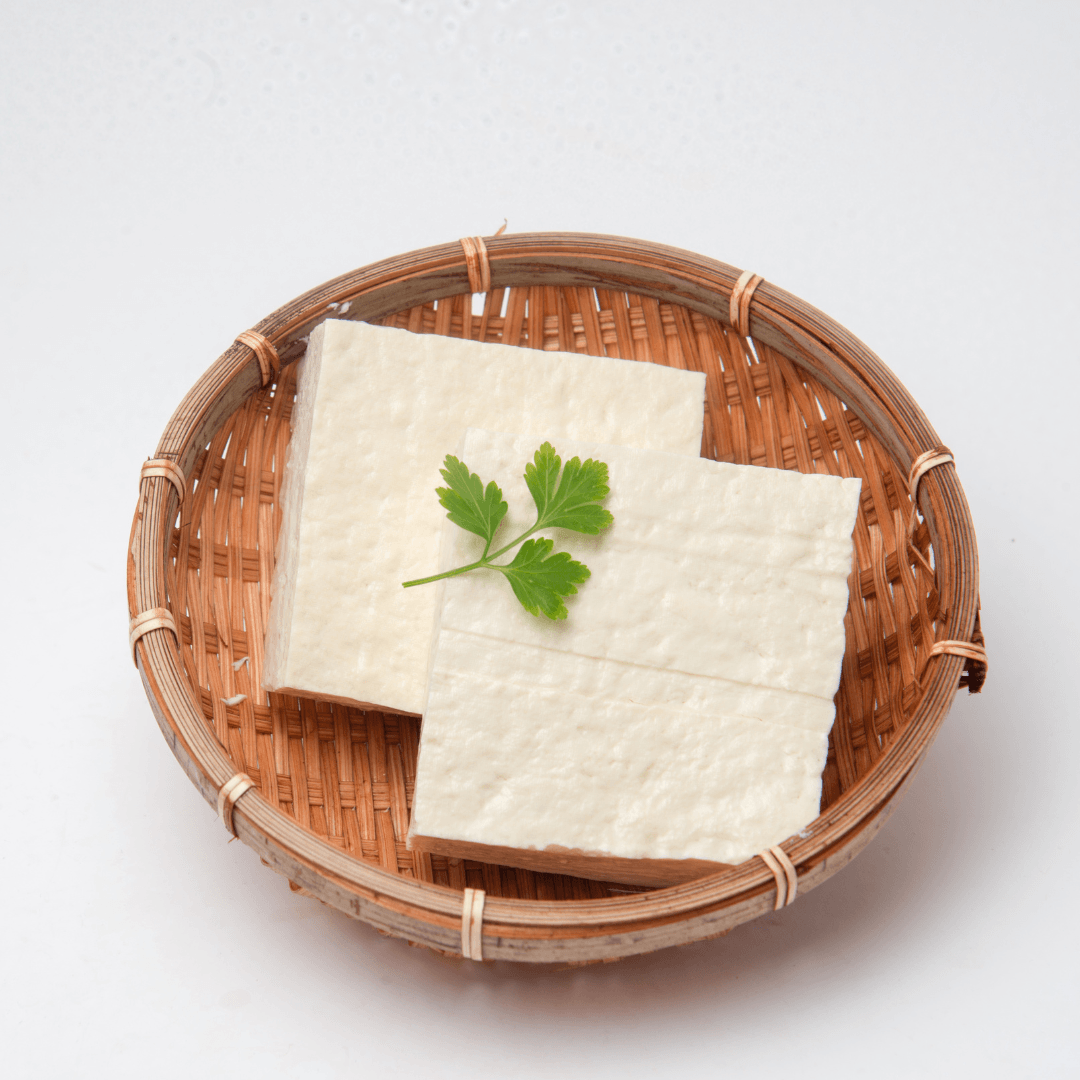
4. Fortified Tofu
As individuals transition to a plant-based diet, searching for reliable Vegan Food Sources of Vitamin D becomes an enticing exploration, filled with anticipation and discovery.
Amidst this quest, certain varieties of tofu emerge as standout options, fortified with calcium and vitamin D during manufacturing.
These fortified tofu products offer a substantial dose of vitamin D and essential nutrients like protein and iron, enriching the vegan diet with a valuable source of nutrition.
Incorporating fortified tofu into diverse meals, from vibrant stir-fries to refreshing salads and hearty sandwiches, gives vegans a versatile and delicious way to elevate their vitamin D intake.
Beyond its nutritional benefits, fortified tofu adds depth and texture to dishes, enhancing flavour and satiety.
Thus, venturing into the realm of fortified tofu not only fulfills dietary needs but also ignites culinary creativity, making the journey toward optimal health both enriching and enjoyable.
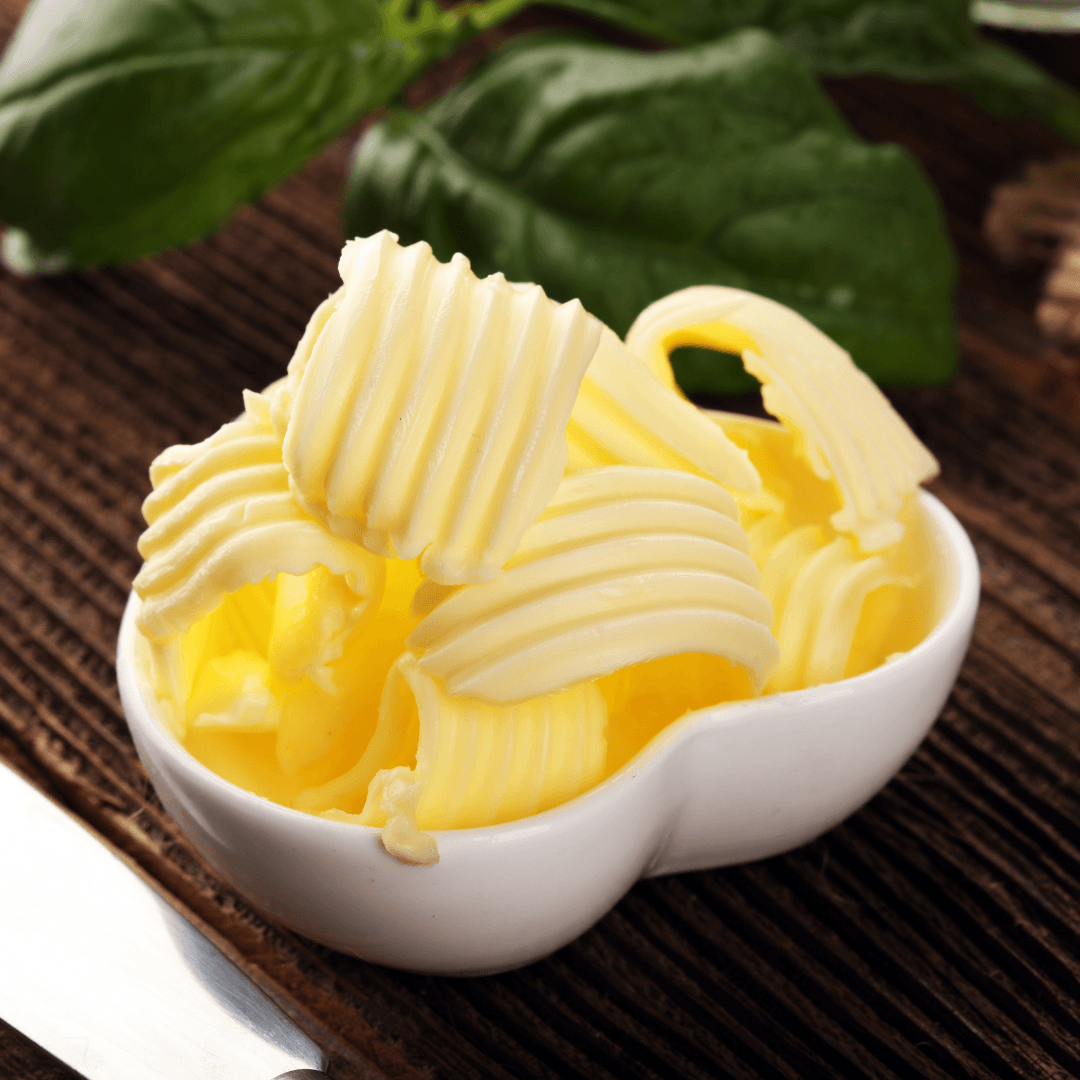
5. Fortified Margarine
As people transition to a plant-based diet, the quest for dependable Vegan Food Sources of Vitamin D becomes exciting, brimming with anticipation and discovery.
In the realm of plant-based alternatives, some brands of margarine or vegan butter substitutes stand out for their fortification with vitamin D, mirroring the nutritional profile of traditional dairy butter.
These fortified spreads offer a versatile solution for enhancing the flavour and richness of your favourite dishes while providing an additional vitamin D source.
Whether used in cooking, baking, or condiments, fortified margarine adds a delightful touch to various culinary creations.
Spread it generously on warm toast for a comforting breakfast, use it to sauté vegetables to perfection, or drizzle it over steamed greens to enrich both taste and nutrition.
Incorporating fortified margarine into your meals elevates their flavour. It ensures you receive an extra dose of essential nutrients, making it a flavourful and nutritious addition to your plant-based diet.
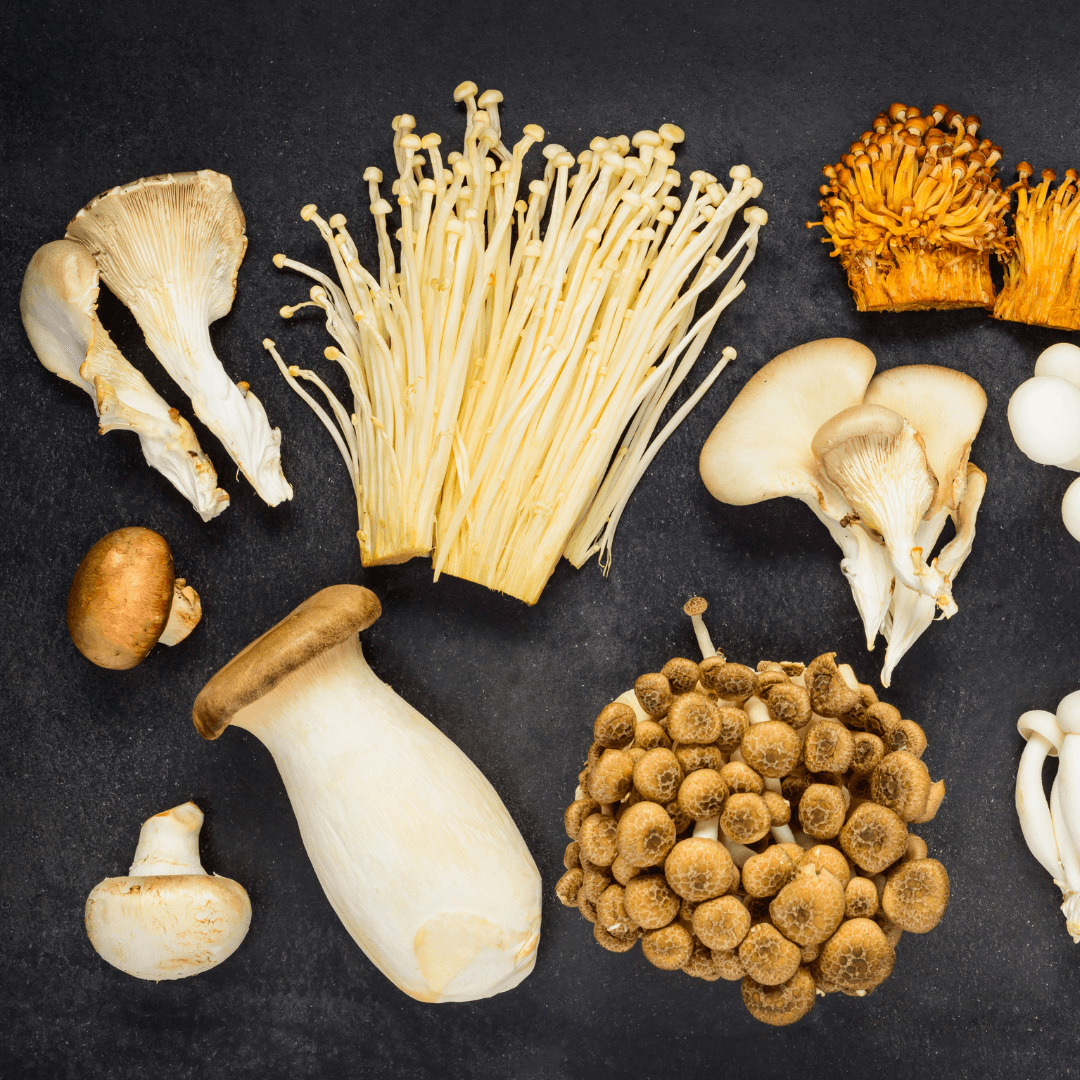
6. Mushrooms
While most plant-based foods contain vitamin D2, certain varieties of mushrooms stand out for their remarkable ability to produce vitamin D when exposed to sunlight or ultraviolet (UV) light during their growth process.
Notably, mushrooms like maitake, shiitake, and portobello possess this unique capability, naturally synthesizing vitamin D and elevating their status as excellent Vegan Food Sources of Vitamin D.
Integrating these nutrient-rich mushrooms into your diet offers a flavourful and nutritious way to boost your vitamin D intake.
Whether sautéed to perfection, grilled to enhance their earthy flavour, or added to hearty soups and stews for added depth, these vitamin D-rich mushrooms promise to tantalize your taste buds while nourishing your body.
By incorporating these versatile ingredients into your meals, you not only enhance their nutritional content but also infuse them with rich and satisfying flavours, making every bite a culinary delight and a step toward optimal health.
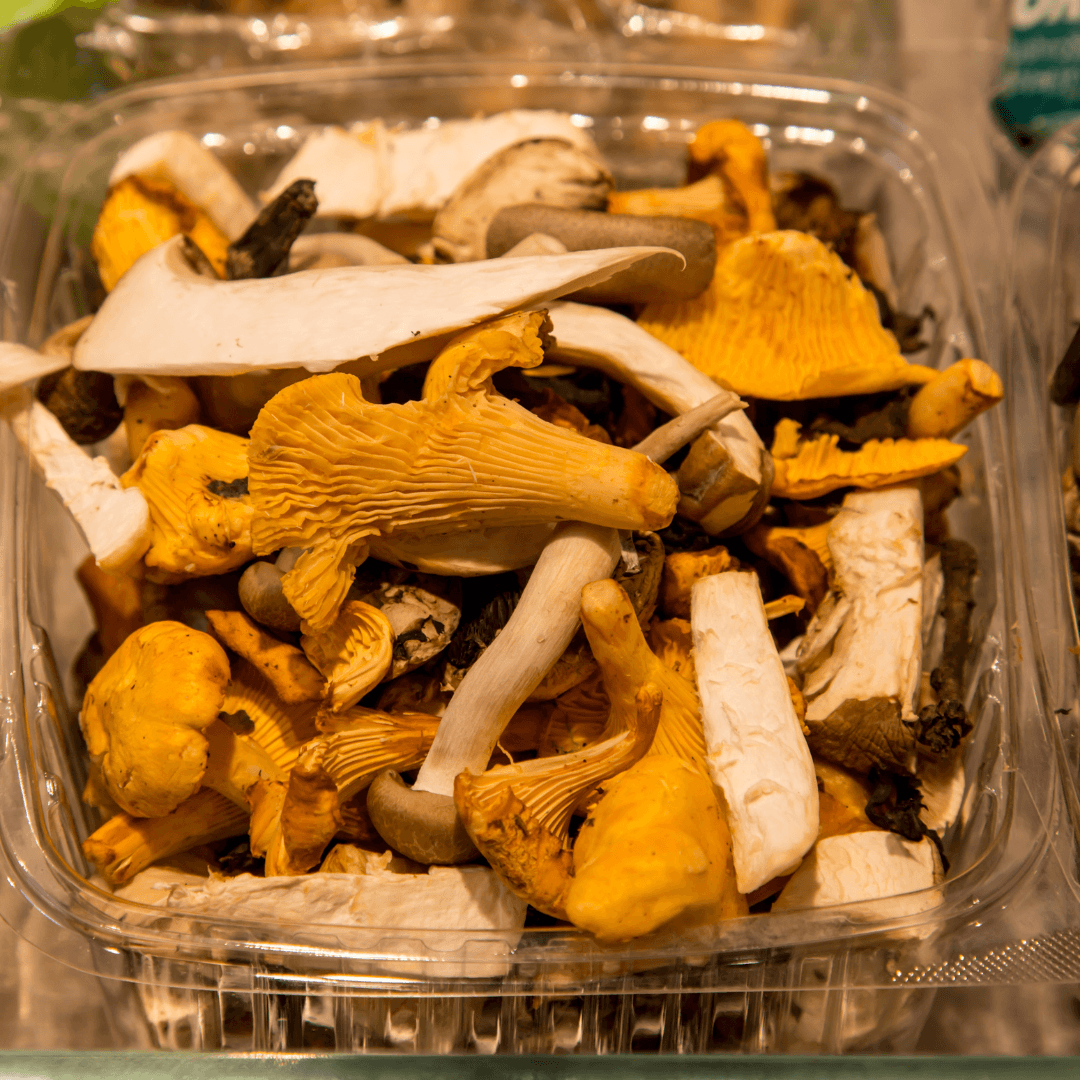
7. UV-Exposed Mushrooms
In addition to their natural vitamin D content, certain mushroom producers expose mushrooms to ultraviolet (UV) light during cultivation to further enrich their vitamin D levels.
This innovative process enhances the mushrooms' nutritional profile, offering a concentrated source of vitamin D2, which is particularly beneficial for vegans aiming to augment their intake of this vital nutrient.
Incorporating UV-exposed mushrooms into diverse culinary applications elevates the nutritional value of meals and enhances their flavour and texture.
From topping pizzas to enhancing pasta dishes and adding depth to vegetable stir-fries, these mushrooms are versatile and flavourful to various recipes.
By incorporating UV-exposed mushrooms into your cooking endeavours, you not only enhance the nutritional content of your meals but also delight in their rich, earthy taste and meat-like consistency, making them a valuable asset in maintaining a balanced and nourishing vegan diet.
These mushrooms stand out as exceptional Vegan Food Sources of Vitamin D. They provide a concentrated dose of this essential nutrient while adding depth and flavour to various dishes.
Whether used as toppings on pizzas, added to pasta dishes, or in vegetable stir-fries, UV-exposed mushrooms offer a versatile and flavourful option for boosting your vitamin D intake in a plant-based diet.
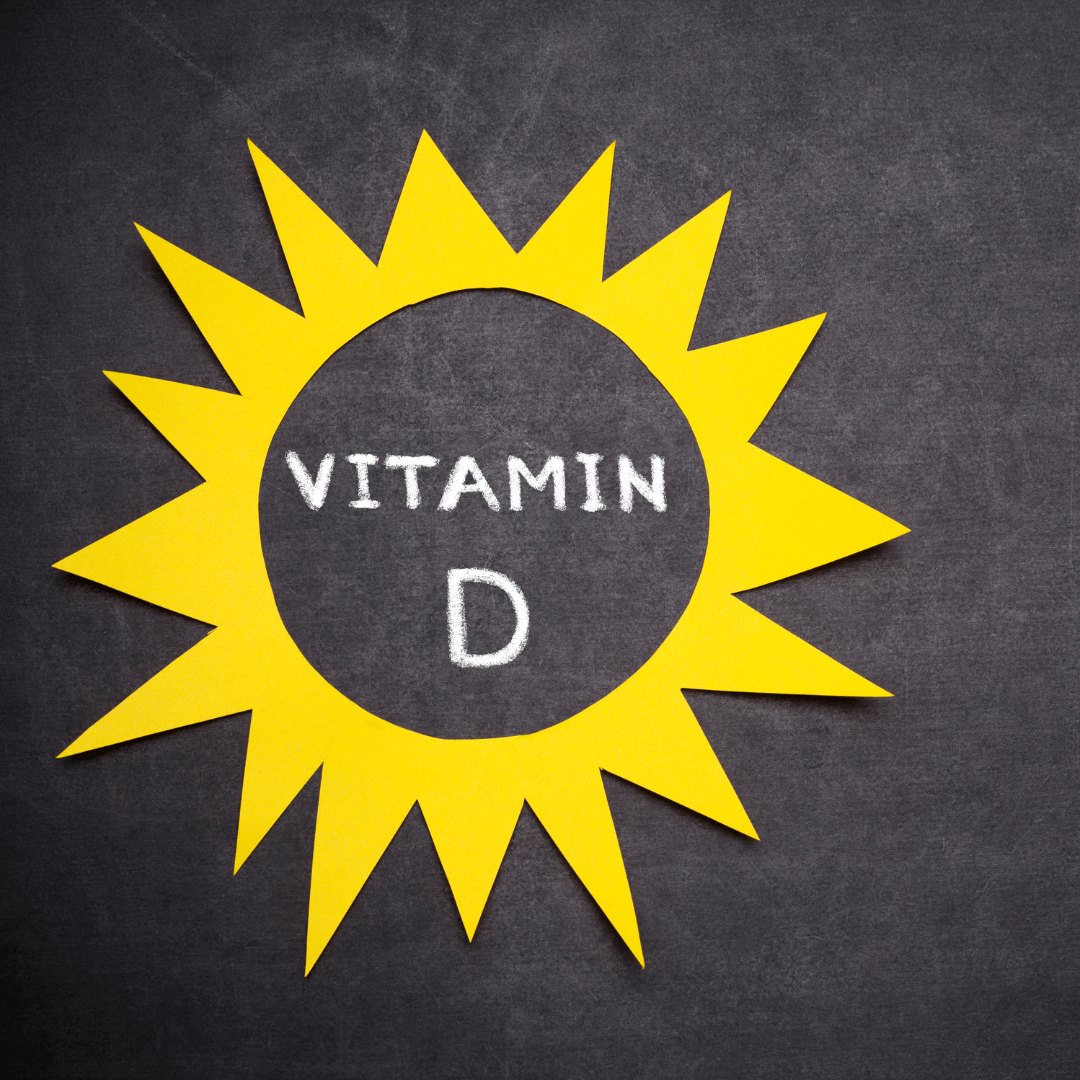
How Much Vitamin D Do I Need?
The amount of vitamin D you need can vary based on age, sex, and health status. Generally, adults up to age 70 need 600 IU (International Units) per day, while adults over 70 need 800 IU per day.
However, some individuals may require more due to limited sun exposure, darker skin, or certain medical conditions. It's best to consult a healthcare provider to determine the right amount.
FAQ
How Can I Increase My Vitamin D Level?
A multifaceted approach involving sunlight exposure, dietary sources, and possibly supplementation is key to increasing your vitamin D levels.
Aim for safe sun exposure, particularly during midday, for 10-30 minutes, exposing a large area of skin while practicing sun safety to prevent sunburn and skin cancer.
Dietary sources rich in vitamin D include fortified plant-based milk, orange juice, breakfast cereals, tofu, fortified margarine, and mushrooms exposed to sunlight or UV light.
If sunlight and diet alone are insufficient, consider vitamin D supplements, available in various forms and strengths.
Optimize absorption by pairing vitamin D-rich foods with healthy fats and calcium sources.
Also, maintain a healthy lifestyle with adequate nutrition, regular exercise, stress management, quality sleep, and avoidance of alcohol and smoking.
By integrating these strategies, you can effectively raise your vitamin D levels, promoting bone health, immune function, and overall well-being.
Conclusion
In conclusion, ensuring adequate vitamin D intake is crucial for vegans to support overall health and well-being.
Despite the challenges of obtaining Vegan Food Sources of Vitamin D, numerous vegan-friendly options are available.
By incorporating various vitamin D-rich plant-based foods into your diet, you can meet your nutritional needs and thrive on a vegan lifestyle.
Identifying the signs of low vitamin D levels is critical for the best possible health results and early management.
Vegan Food Sources of Vitamin D and a healthy lifestyle will help you thrive on your vegan journey, regardless of whether you're a die-hard vegan or just trying to add more plant-based meals to your diet.
Recall that seeking advice from a qualified dietician or healthcare expert can offer tailored direction and assistance to guarantee you fulfill your dietary requirements and reach your best health as a vegan.
Vegans can embrace their dietary choices with vitality and confidence if they are informed and take preventative action.
I trust you enjoyed this article about the Ways To Prevent Cruelty To Animals. Please stay tuned for more blog posts soon. Take care!
JeannetteZ
>>>Please click here to read my Vegan Travel Guides To World Destinations<<<
>>>Want To Learn How To Create Delicious, Cruelty-Free, Healthy AND 100% Vegan Meals? Try These Awesome Vegan Cooking Courses With A Free 7-DAY MEMBERSHIP<<<
Your Opinion Is Important To Me
Do you have thoughts, ideas, or questions? I would love to hear from you. Please leave me your questions, experiences, and remarks about the Best Ways To Prevent Cruelty To Animals article in the comments section below. You can also reach me by email at Jeannette@LivingTheVeganLifestyle.org.
Disclosure
This post may contain affiliate links. I earn from qualifying purchases as an Amazon Associate and other affiliate programs. Please read my full disclosure.
Here are links to some of my favourite articles:
Best Ways To Prevent Cruelty To Animals
Best Vegan Supplements In The UK

